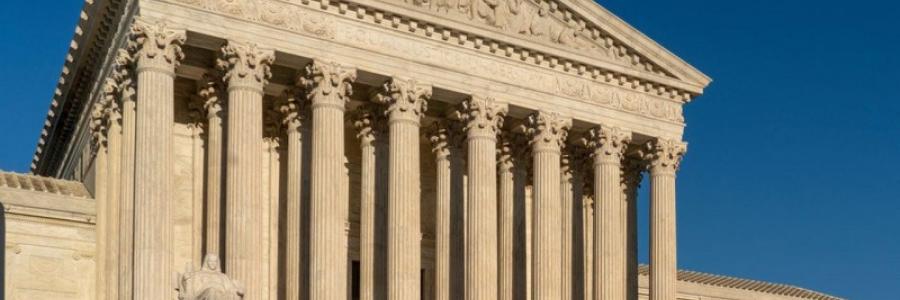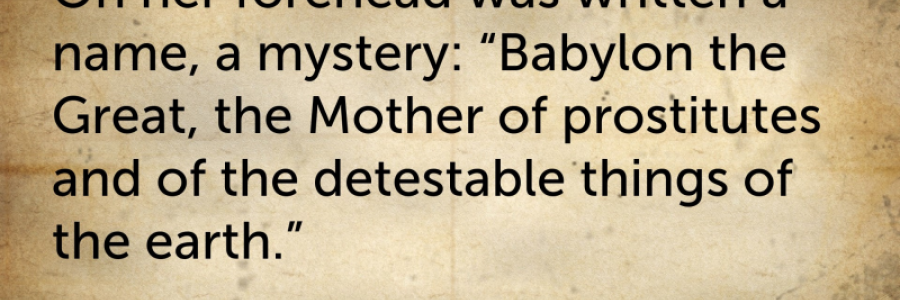Bostock, Transgenderism, and the Cult of Self-Worship
Read the rest of the series about the Bostock v. Clayton County court decision.
In June 2020, Bostock v. Clayton County made two momentous decisions; (1) it read “sexual orientation” into Title VII of the 1964 Civil Rights Act, and (2) it did the same for “gender identity.” In this article, I shall focus on the latter.




Discussion